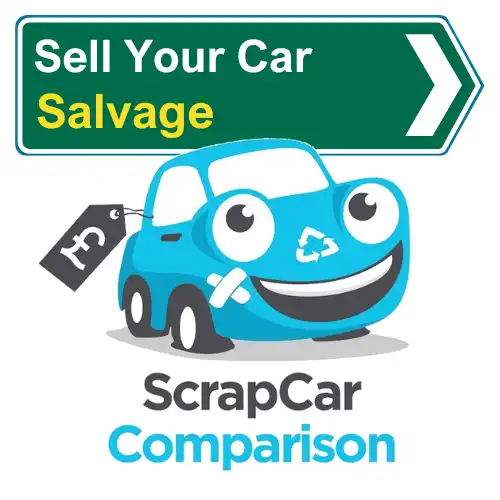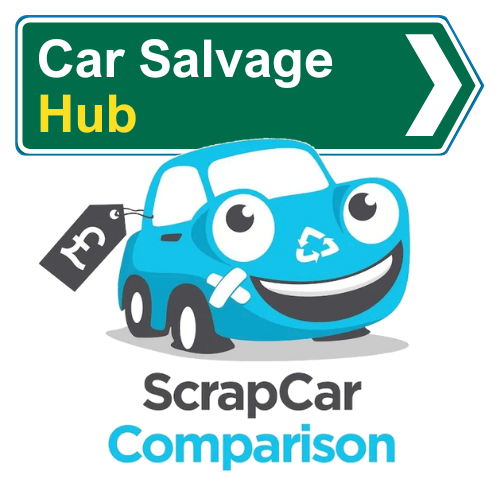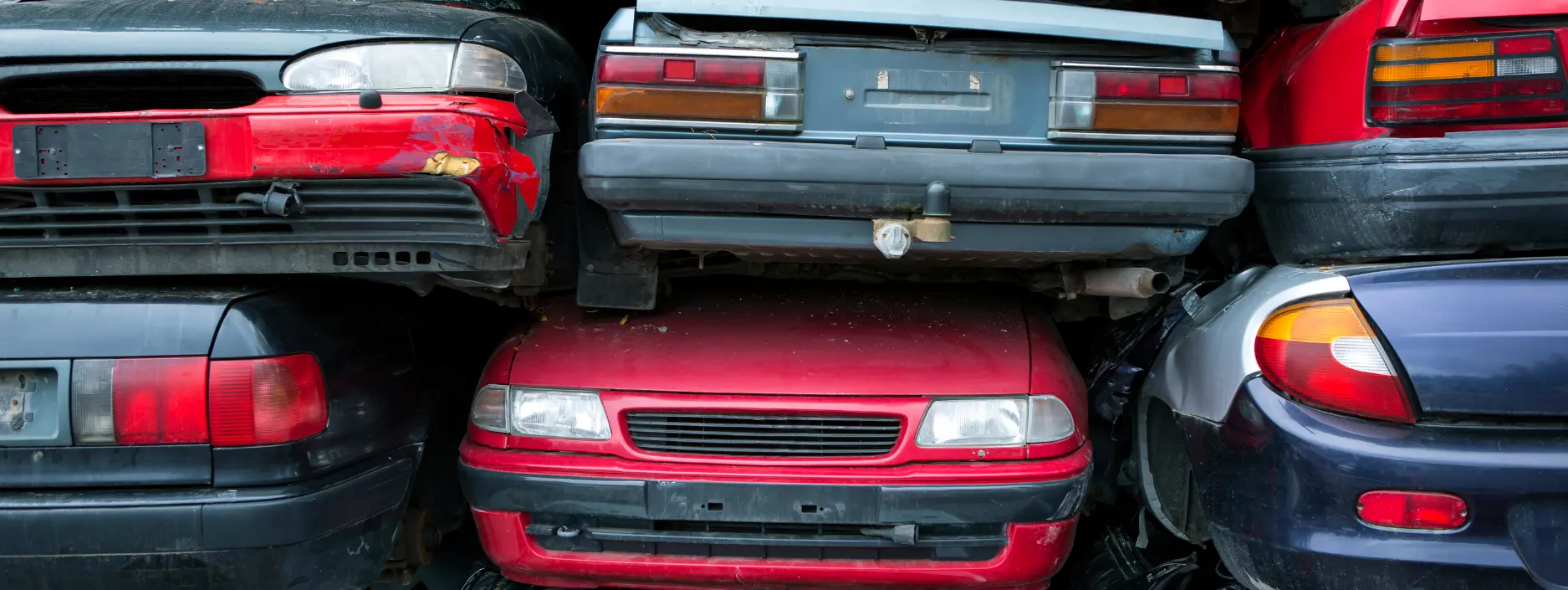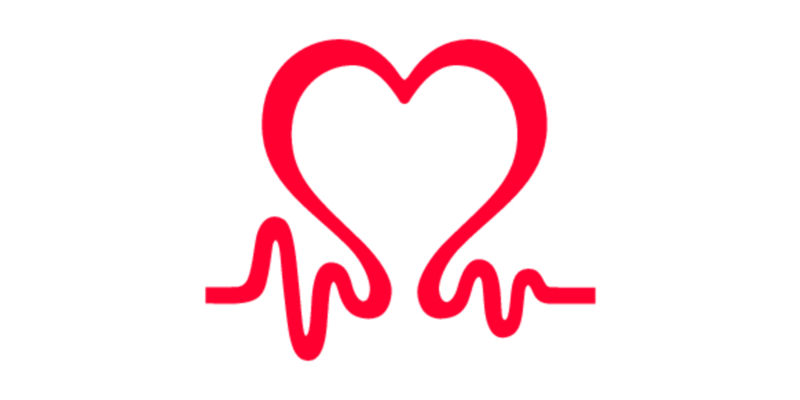
What Is Exhaust Corrosion?
Exhaust corrosion is the harmful process in which the metals that your exhaust system is made from begin to degrade and break down. The most common and recognisable form of this is rust, something which everybody will have seen at some point in their lives in one place or another. While modern cars are typically very good at fending off rust thanks to their special paint job coatings, certain parts are given less protection – including the exhaust.
The reason that exhaust systems are prone to corroding is not just because it’s exposed to the outside elements, but also because it can have a habit of collecting water on the inside too. As the metal heats and cools repeatedly, any condensation will remain trapped in exhaust pipework and we all know that water and metal don’t work together over extended periods of time.
How To Tell If Your Exhaust Is Corroded
Thankfully, it’s quite easy to spot corrosion on your exhaust simply by examining the area; you won’t even need an advanced understanding of vehicle mechanics either. Standard rust, like you’d find on any other metallic object, should be easy enough to identify. You’ll want to check around the outside of your exhaust pipe, but if you can, take a look inside too (you’ll most likely require a torch).
Keep an eye out for any cracks or holes that have developed, also checking the entire length of the exhaust system if you’re able to do so. This damage could have appeared after an impact from debris on the road, but if there are signs of significant corrosion, it’s quite possible that they may have developed after extreme rusting. A good way of testing the severity of any rusting is to give it a poke and see how it feels. Is the metal still solid or does it split the moment you prod it? If it’s the latter, some serious damage has been done.
Your ears can also prove as useful as your eyes. If you hear any unusual sounds coming from your exhaust, or if it’s become noticeably louder, you might have corrosion damage. This is particularly common when the silencer rusts and is no longer able to, well, silence.
Driving With A Corroded Exhaust
Driving with a corroded exhaust may not pose any immediate problems that will result in your car breaking down, but you might end up pulled over at the side of the road by order of your local police force. This is because they have every right to legally take your car off the road (and punish you accordingly) if your vehicle is producing an obscene level of emissions, whether that’s in the form of toxic fumes or noise.
However, there are other more dangerous consequences of driving with a damaged exhaust pipe. The fumes that are emitted through it are, as we said, toxic and incredibly harmful to humans. If your exhaust is damaged, those fumes may not be able to escape successfully and could end up collecting in and around you and your passengers while you’re driving, or more likely while you’re sitting around waiting in traffic.
 Interested in learning more? Take a look at our related articles for more helpful guidance and expert tips.
Interested in learning more? Take a look at our related articles for more helpful guidance and expert tips.
How To Fix A Corroded Exhaust
Prevention is the best cure
There are a few methods you can use to prevent rust from taking over your exhaust. First and foremost, avoiding using the car exclusively for short journeys will help. Those short trips will prevent the water vapour that gathers inside the exhaust from dissipating, resulting in water pooling and remaining in place until it can damage the metal.
If your car is used for short journeys, there are alternative options. You could use powder coating (as long as your exhaust is almost pristinely clean) to protect the vehicle from rust and corrosion around the exhaust. Chrome plating is another choice that would help keep the vehicle safe from rust as the corrosion will struggle to take hold. Finally, you could turn to the tried and trusted WD-40, a great product you can utilise at home to keep water from damaging your car.
If your old car has suffered with rust for years and you feel it’s finally time for a new vehicle, get a quote today from scrap or salvage buyers who are eager to take your old, damaged or unwanted motor off your hands. Using just your postcode and vehicle registration, Scrap Car Comparison can present you with the best deals for buyers based in your local area who are even able to collect it from you – a service which won’t cost you a single penny! Give us a call on 03333 44 99 50 or use our scrap car price calculator to get a valuation for your car now!

Sell A Damaged Car As Salvage
An old or damaged car can still be valuable sold for spares and repairs – we can connect you with the right specialist buyer.
 Car Salvaging Knowledge Hub
Car Salvaging Knowledge Hub
Getting the most value out of a broken car involves finding a specialist buyer who can pay good prices for spares and repairs. Everything you need to know can be found here in our knowledge hub.

Value a salvage car
Determining the residual value of a salvage car is important whether buyig or selling. This guide walks you through everything to consider.
Scrapping VS salvaging a car
The roadworthiness of your car could make the difference between whether it’s destined for scrap or salvage, and of course the value…
Can A Salvage Title Car Be Insured?
Recently bought a salvage car and wondering whether you need to get insurance before you drive it? This guide explains all the details
What to do if you’ve written off your car
This guide walks you through everything you need to know after your car’s been totalled.

